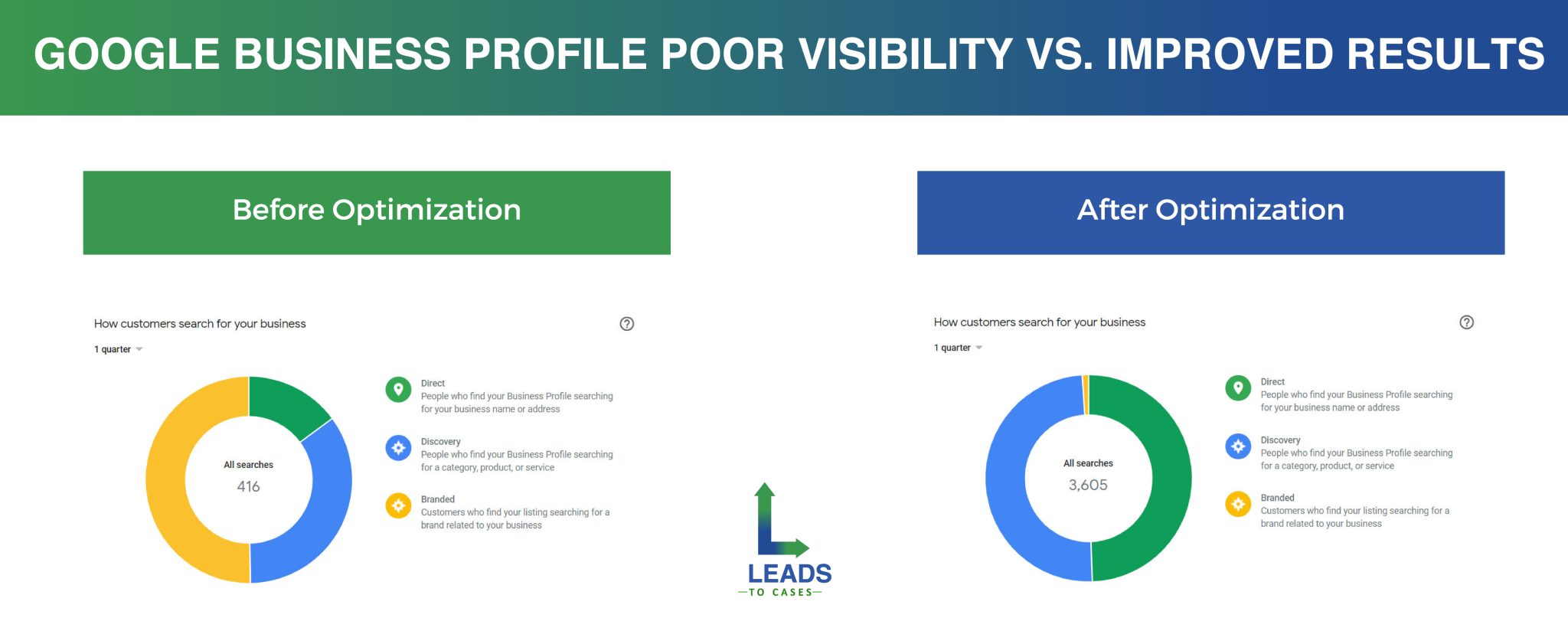Lawyers are great at many things, but unfortunately, and in most cases, business isn’t always one of them. As is to be expected, in law school, you are taught to analyze cases and make effective legal arguments. However, not many law schools teach you how to run a successful law firm. We’re talking about the basics of a successful law firm. So, we set out to look for some techniques that we believe lawyers could borrow from the business world to benefit from and make them more successful. It’s called a SWOT analysis, and in this article, we will be explaining what SWOT means and how it will help your law firm, as well as questions you should ask yourself when thinking about it!
WHAT IS A SWOT ANALYSIS?
In a SWOT analysis, you identify your Strengths, Weaknesses, Opportunities, and Threats. This step requires objectivity, having a clear picture of what you do well, and of course, knowing your limitations.
When considering your strengths, it will be the most helpful to step out of yourself and view your firm from your clients’ eyes instead of a law firm owner.
What would clients say is your biggest weakness or strength? One way to determine your strengths and weaknesses from your client’s perspective is to send them a brief survey at the end of each case via email or text.
Now let’s get into a bit of the question you should ask yourself when making a SWOT analysis.
The following questions will help you to focus on each aspect of the analysis:
Strengths (Internal Factor)
What are the reasons people are choosing your firm to represent them?
What does your law firm do better than anyone else?
What makes your firm, or even your individual cases, successful?
What aspects of your law firm do most clients praise?
Weaknesses (Internal Factor)
Which aspects of your firm are you least likely to brag about?
What holds your firm back from being what it could be?
In which areas do you wish you had more knowledge or experience?
In the past, what has caused you to lose business to your competition?
Opportunities (External Factor)
What upcoming events or trends could result in more business for your law firm?
What impending changes in the law could affect your law firm?
What are some things you wish your firm had time to do?
Does any of your noted strengths reveal opportunities for business?
What technological advances could change the way you run your practice?
Threats (External Factor)
What are some of your biggest obstacles to increased revenue?
Do you have bad debt or cash-flow problems?
Who is your competition and what are they doing differently?
Will any impending policy or law changes affect your firm or clients in a negative way?
Now that you’ve thought about it more and hopefully answered those questions. We’ll go into some useful tips for completing a SWOT analysis.
Be Determined
We advise you to avoid responding to every weakness with an excuse. Problems in your law firm can only be resolved when you actually take them seriously as problems.
In-Depth Analysis
Unfortunately, just having intuitions about possible threats is not as effective as researching them. Though with, you should not ignore your instincts; instead, try to find out more about them to understand how they could actually affect your law firm.
Know Where The Informative Data Is
While analyzing your law firm’s strengths and weaknesses, we recommend taking a thorough look at your firm’s core competencies, value chain activities, all operational areas, resources, etc.
Consider Adopting Technology
Artificial Intelligence (AI) has been helping the law industry in managing specific tasks, such as reviewing documents, which is called technology-assisted review (TAR), legal research, legal document, contract analysis, proofreading, and organizing documents.
Know Your Competitive Advantage
Regardless of the reason behind conducting a SWOT analysis, you should know if your firm is giving tough competition to competitor firms or not. Recognize the critical points of services you offer, especially those that your competitors are unable to.
Conclusion
SWOT analysis could genuinely do wonders for your firm. It not only helps you understand the essential steps you should take in bettering your law firm, it also helps you grow your law firm. However, factors related to SWOT probably lurk in some parts of your mind; therefore, working together to prepare a complete report in an organized manner will also help you and your colleagues understand the actions that are required. You will feel less burdened and have more control over your legal business.
Once everything is done, in a case with a potential client, if they ask for reasons to hire your firm, the most appropriate and effective answer will come to mind automatically, and you just got yourself a new client.
If you’re ready to take the next step and begin the SWOT analysis process, reach out to one of our experts at LTC today.















Post a comment